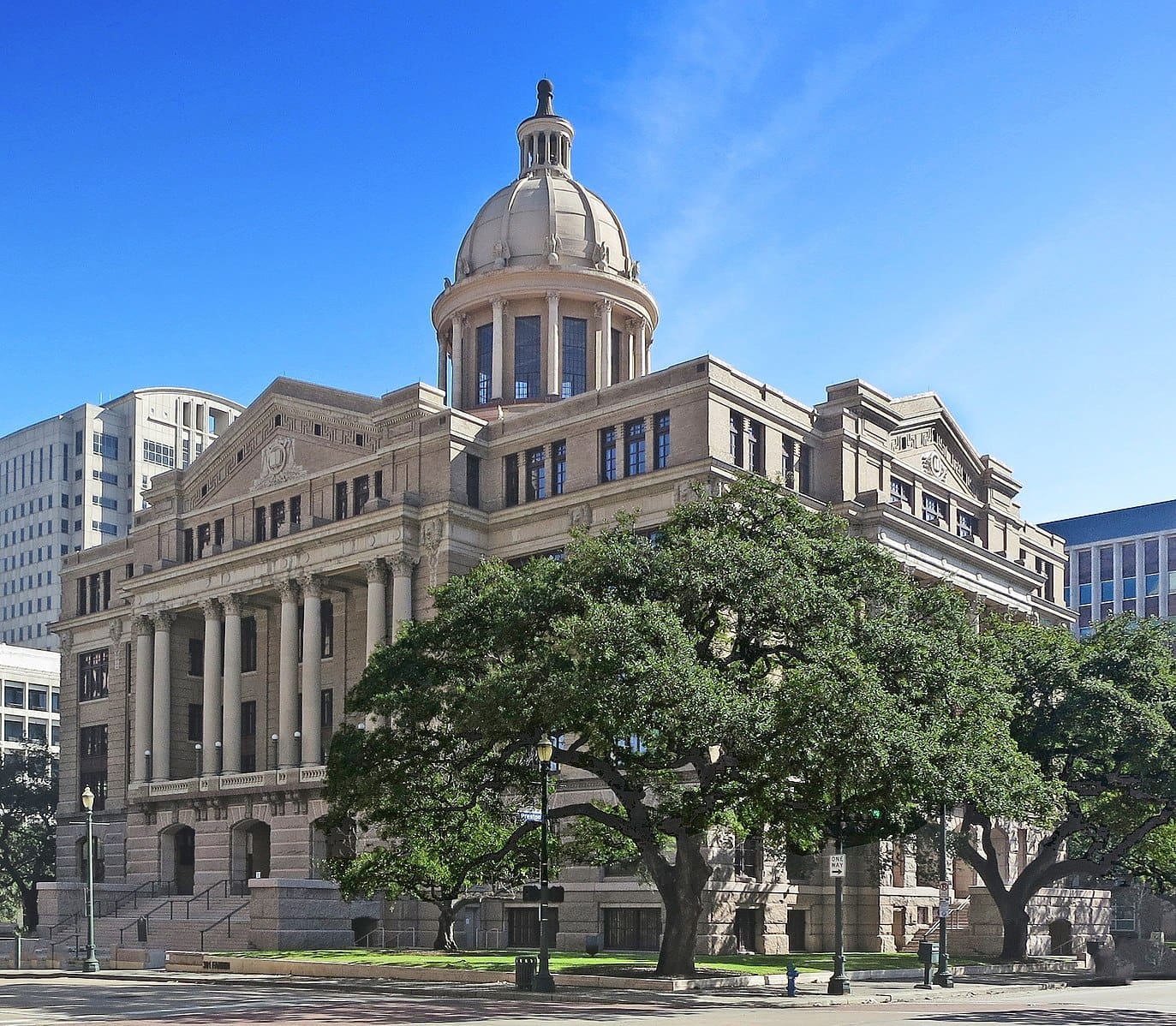On Wednesday, the Texas House will take up HB 100, a bill authorizing more than $3.4 billion for a funding mechanism called Tuition Revenue Bonds, used to finance construction of buildings on campuses of the state’s public universities. Taxpayers should encourage their representatives to vote NO on consideration of the bill, and any other bills authorizing their use.
Tuition Revenue Bonds (TRB’s) were first put into use by the Legislature in the 1970’s to make more debt available for public universities to construct, renovate, or purchase new land for campus buildings. At that time, tuition was still set and regulated by the Legislature, so boards of regents were limited in how much revenue from tuition they could set aside for debt service. In order to protect taxpayers, it was specifically codified into law that these bonds were obligations of the universities should they ever default on their payments.
[side_text]Call the Capitol Switchboard at 512-463-4630 and tell your state representative to oppose HB 100.[/side_text]But in 2003, a newly Republican-controlled Texas Legislature wrongly passed the misnamed “tuition deregulation” reform, giving Regents full control over setting the cost of tuition. While “deregulation” sure sounded nice in campaign flyers, it took the power to set tuition away from elected officials and put it in the hands of an appointed board.
What resulted was an unchecked skyrocketing rise in the cost of tuition at our state’s public universities – something conservatives in the Legislature are just now coming around to fix this session.
Despite nominally being backed by future tuition, and sometimes being used as an excuse to justify higher rates for students, TRBs are systematically paid for by state tax dollars. In other words, universities have been able to bilk students and parents with higher tuition in the name of TRB’s, all while receiving funding from the state for those very same projects.
That’s why the fiscal note for HB 100 predicts a negative fiscal impact to the state of more than half a billion dollars next session.
Republicans and Democrats alike have been guilty of pushing TRB’s for universities in their district. What on the surface seems like a harmless authorization for a new building has resulted in billions upon billions of debt the state is now financing.
On Wednesday, House Higher Education Chairman John Zerwas (R – Simonton) will offer HB 100 on the floor, authorizing an additional $3.4 billion in debt for pet projects at public universities across the state. House members would be wise to vote down the proposal.
Instead of authorizing even more debt that the state will end up assuming, it would be more honest for the state to simply appropriate money straight up for the construction of these new campus buildings. Alternatively, universities could (and arguably should) be encouraged to prioritize campus construction and finance it with private capital campaigns. Better yet, campuses could better use existing space by offering more night, weekend, and summer classes before asking for additional appropriations.
Republicans should put a stop to practices that have contributed to the skyrocketing cost of tuition and burgeoning debt. Authorizing additional TRB’s without substantive reform to their issuance only perpetuates the problem – ultimately, students, parents, and taxpayers are the ones left paying for it.
Texans for Fiscal Responsibility will negatively score HB 100 on the Fiscal Responsibility Index, as well as any other legislation authorizing Tuition Revenue Bonds.





